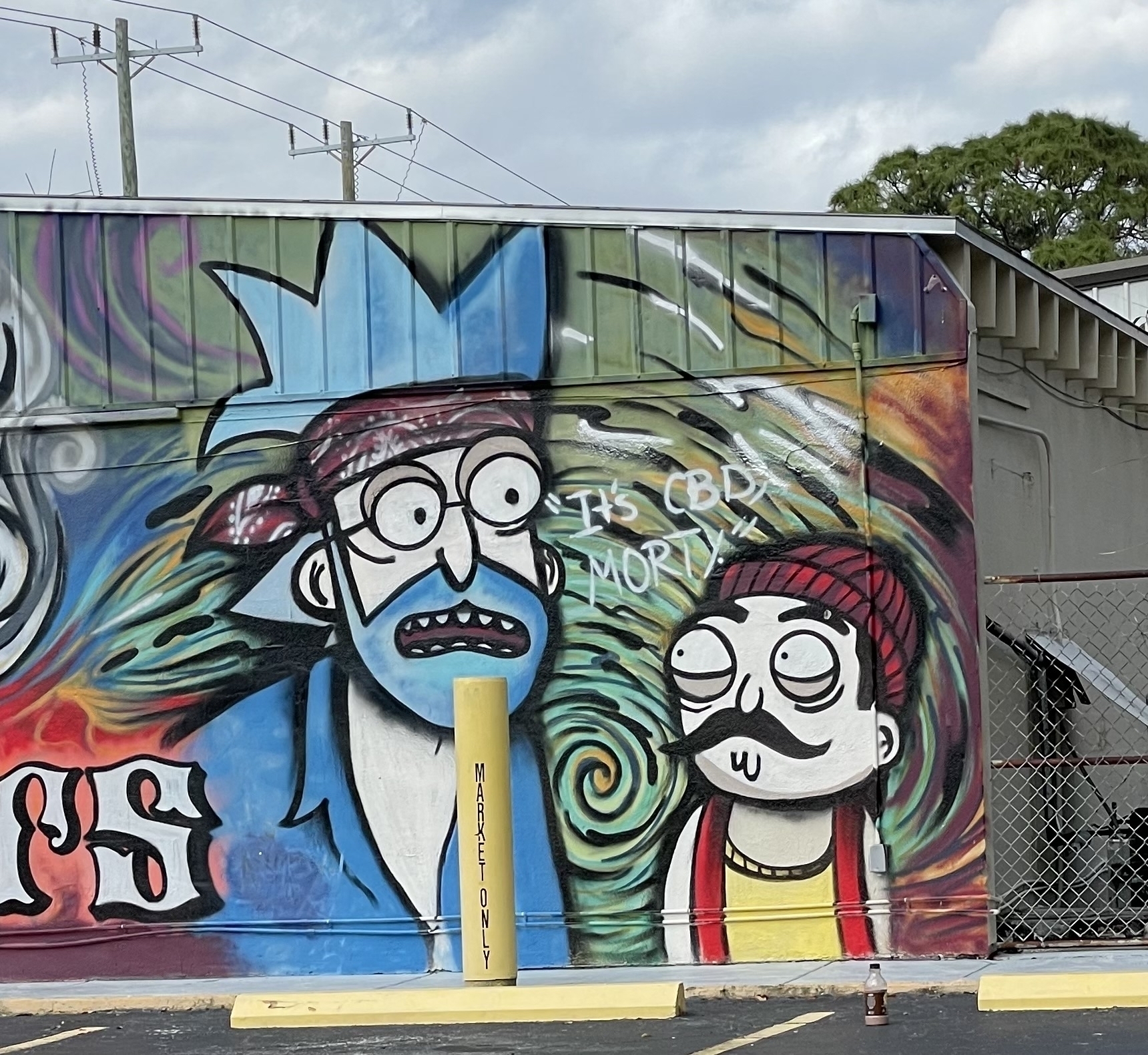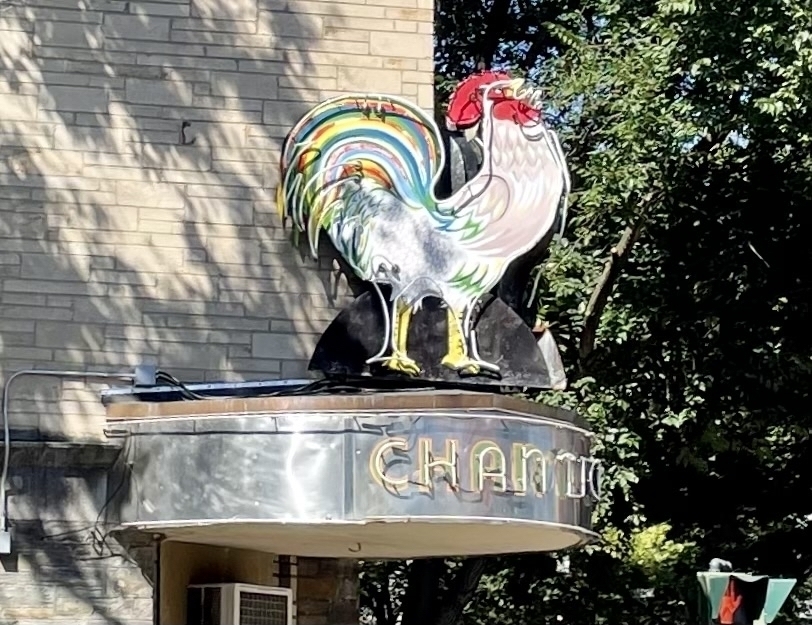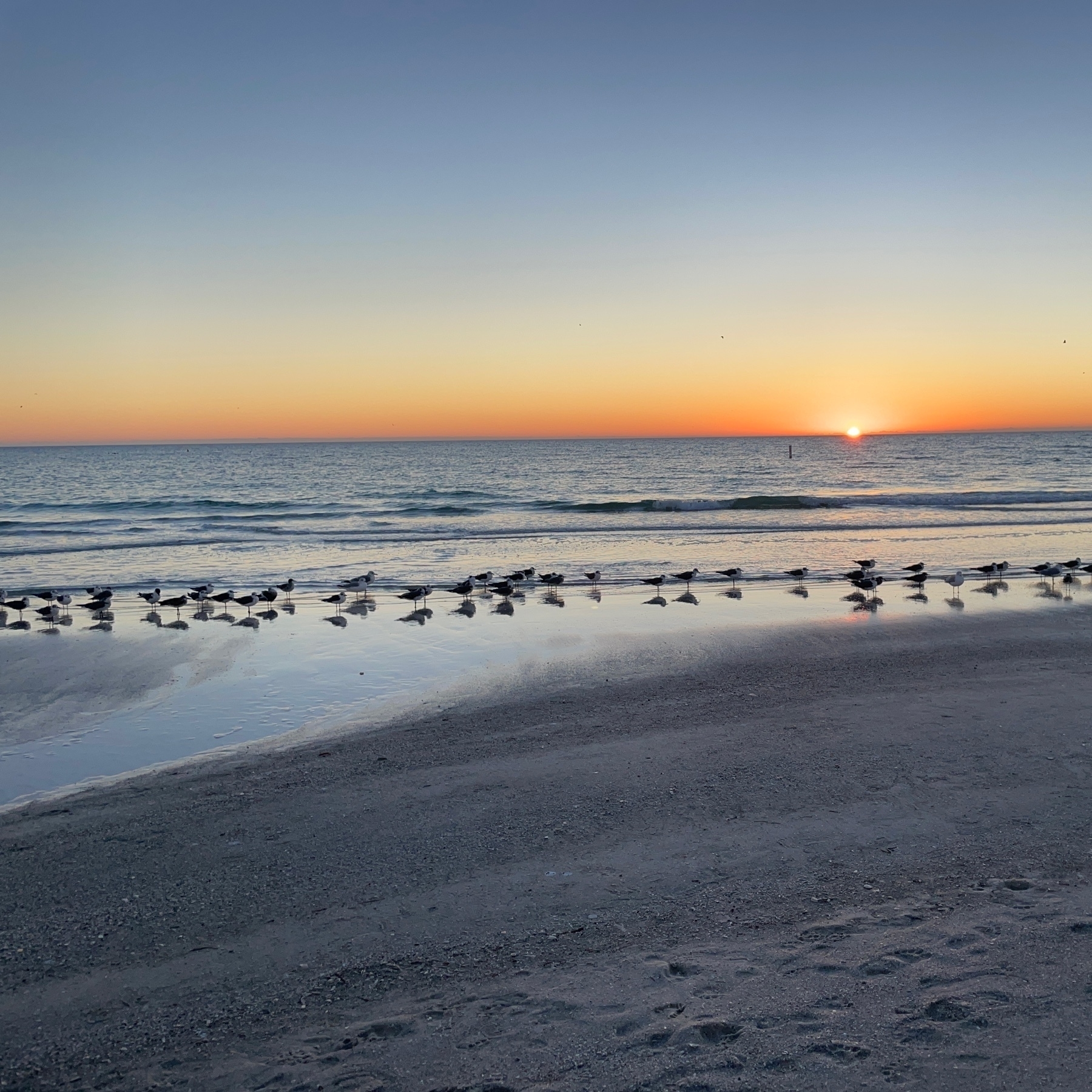
Finished reading: Goodbye, Mr. Chips by James Hilton 📚 I didn’t expect this to be, in fact, a World War I novel: an elegy for all that changed in light of that rupture.
It is funny that Kevin Rose’s examples of “embracing radical shifts” that “disrupt established norms, creating an opportunity for neuroplasticity” are using a different web browser and switching to android.
Just finished Beverly Hills Cop (1984) on Paramount+. I don’t think I’ve seen the whole thing since it was in theaters. While it isn’t a particularly sophisticated film, it was pretty good. Murphy really is charismatic, and the talented supporting cast pull their weight. 🍿
I enjoyed the first (and only) season of The Brothers Sun—it was a fun and interesting take on some organized crime cliches. It is too bad that Netflix didn’t renew for a second season. 📺
But if I use “remind me to,” now it goes into the default Reminders list, which it didn’t used to do. This is an improvement, but I cannot figure out why this happened, nor did I expect to find (eventually) my to dos in Notes.
Before this week, I would ask Siri to “remember to” something, and she would enter a Reminder in my default “Inbox” list, which Omnifocus would read and add to my OF inbox, deleting it from Reminders. Now when I use the “remember” command, she copies the information to Notes, which I do not want.
If folks are interested in supporting Harris’s candidacy, there are opportunities to reach out to others and build support:
https://mobilize.us/s/rQQIfU/r
I hope to make ten calls everyday for the next 96 days: a small goal that I can increase as we get closer to Election Day.

Finished reading: Banjo by Claude McKay 📚This twentieth-century American classic is well worth reading. The vernacular style can be a challenge for some folks, but McKay delivers a celebration of African and African-American people and culture.
In two different airports, I’ve seen children ride four-wheeled roller bags like fast-moving scooters or body boards. The adults around them seem charmed by the novelty…for now.

Finished reading: My Guru and His Disciple by Christopher Isherwood 📚I found this to be a surprisingly engaging spiritual memoir. Isherwood’s devotion to Vedanta is sincere, as his attraction to the world.
I’m surprised no one mentioned shared AirTags in the report card. sixcolors.com/post/2024…

Finished reading: A Morning at the Office by Edgar Mittelhölzer 📚
The novel’s accessibility masks its complexity. I found the novel stylistically reminiscent of some of Henry Green’s later work. Mittelhölzer’s depiction of the characters' inner thoughts and feelings drives the narrative, but the work intentionally documents the social and racial hierarchies of post-war, pre-independence Trinidad.

Finished reading: The Drowned World by J. G. Ballard 📚
I find my responses to this novel echo Paul Graham Raven’s review: the second half unimaginatively relies on racist stereotypes that were fairly retrograde in 1962.

Currently reading: The Great Derangement by Amitav Ghosh 📚

Currently reading: The Drowned World by J. G. Ballard 📚

Finished reading: Fate is the Hunter by Ernest K. Gann 📚 This was a really interesting, ironic memoir of the early days of passenger flight, before the adoption of jet engines. I can see why it is an aviation classic.
Sad to hear that Al Jaffe died. He did make a dent in the universe, though. www.progressiveruin.com





